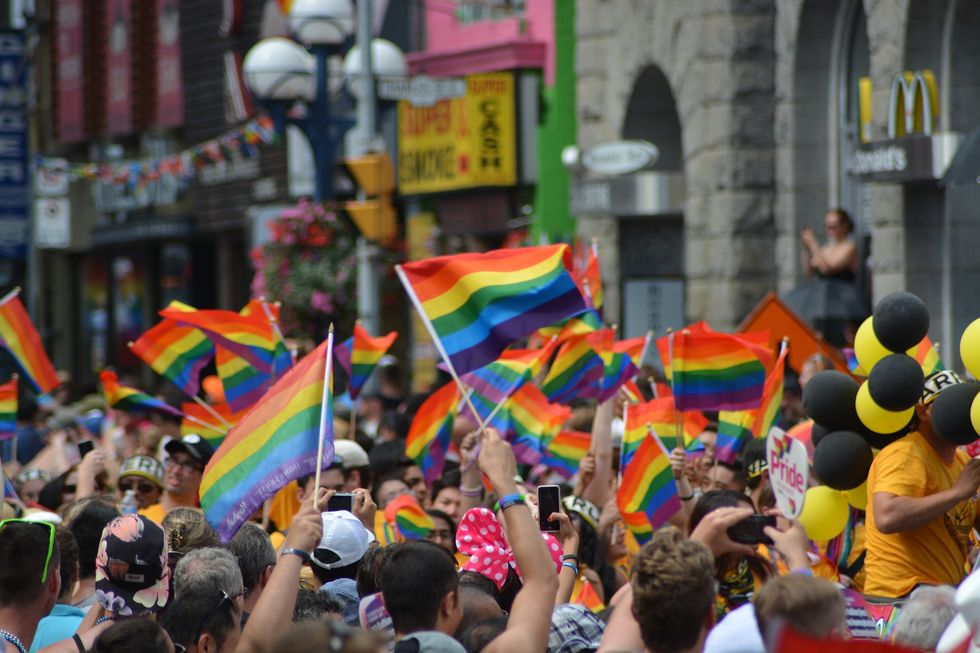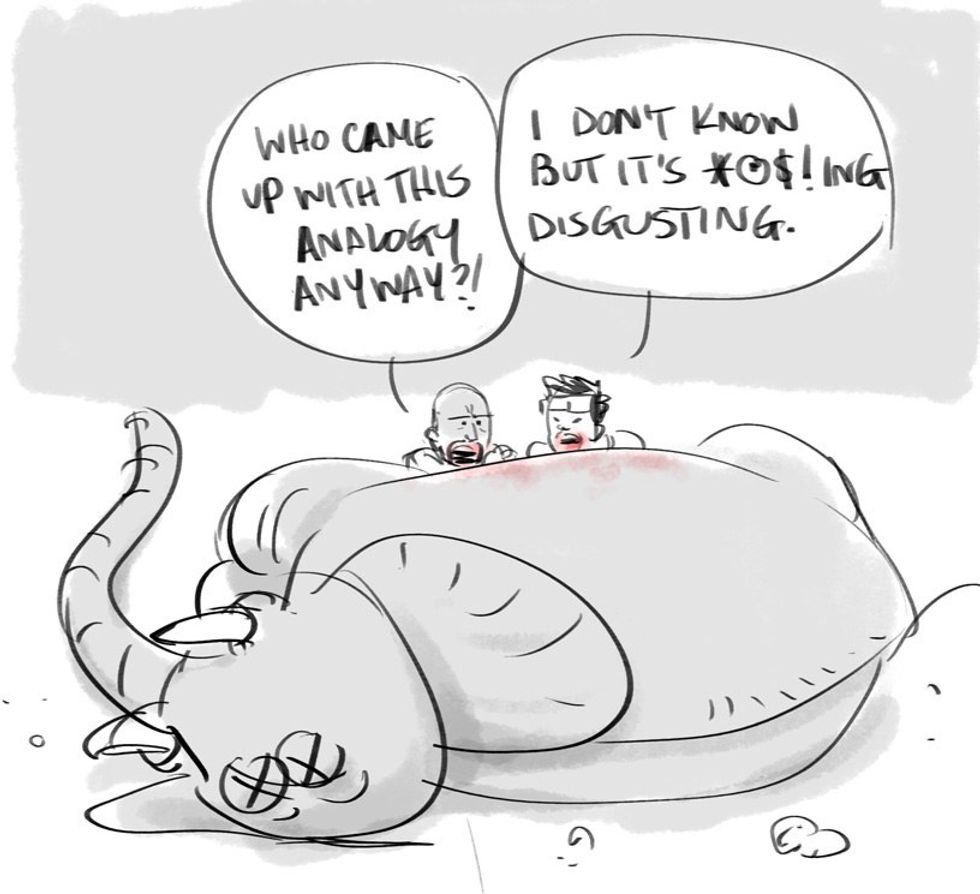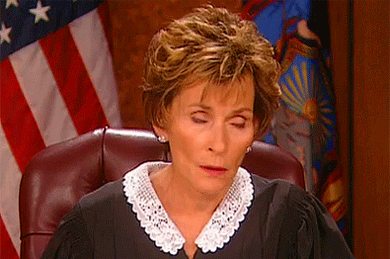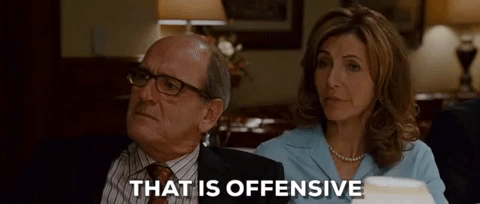June is officially Gay Pride Month.
We have so many things as a community to be thankful for this coming pride season. Three years ago, the Supreme Court legalized our right to marriage! Secretary of Defense Carter announced the lift of the ban on transgender individuals being active members of the workforce in the Pentagon. but, aside from all of the good things happening, we still face discrimination and hardships everyday. So, as we celebrate pride, we must also do our homework and study what really started it all. Where did the gay rights movement really spark and become a flame? Well, it all comes down to the date of June 28th, 1968. The day that The Stonewall Riots became infamous to not only our community, but to the world.
Now, to give a little backstory.
The Stonewall Inn, often shortened to just "Stonewall," was a famous, or more in the time, infamous gay bar and recreational tavern located in the Greenwich Village neighborhood of Lower Manhattan, New York City. The original inn, which closed in 1969, was located at 51-53 Christopher Street between West 4th Street and Waverly Place, also known as Washington Square North. What is ironic about the placement of the bar was that Waverly Place was considered a place of unification and dignified privilege. When the center of NYC's society moved North after the Civil War, Waverly Place became a place that only represented gentility of a society that has passed on. So, in 1968, that representation still stood tall and proud. But, a gay bar, to almost all of society at the time, did not represent a high stature of a community. It in some ways disgraced the high class that the street depicted. Now, The Stonewall may have closed in 1969, but it reopened in 1972 under the same management only to be burnt down 2 years later. The bar then opened in the western half of the location under the name "Stonewall" in 1990, later to be renovated and reopened under its original name "The Stonewall Inn" in 2007. The original buildings are both part of the New York City Landmarks Preservation Commission's Greenwich Village Historic District, designated in 1969, and the Inn was designated a National Historic Landmark in 2000.
The Stonewall Riots wasn't just any normal riot, it was one that changed the face of discrimination.
On the night of June 28th, 1968, The Stonewall Inn was reported to be operating without a liquor license in the early morning hours. nine policemen entered the Stonewall Inn, arrested the employees for selling alcohol without a license, roughed up many of its patrons, cleared the bar, and—in accordance with a New York criminal statute that authorized the arrest of anyone not wearing at least three articles of gender-appropriate clothing—took several people into custody. It was the third such raid on Greenwich Village gay bars in a short period. But, there was a difference in this raid than the other two that happened within that time period. The fellow patrons of the bar that were bellowing outside did not retreat or scatter in fear of also being arrested. They stood, their anger and vocalizations becoming more and more uproarious. The police were not use to this type of retaliation, so in good conscious of themselves, they barricaded within the walls of the bar and called for reinforcements all while 400+ people raided outside. The wall was breached several times and bottles and debris was thrown from all angles of the bar, all while the bar had been set on fire. Reinforcements finally arrived and broke up the group outside as well as put the fire out. The rioters protested outside the venue for the following five days. Many historians characterized this uprising as a spontaneous act against police harassment and social discrimination against sexual minorities in the 1960's. Although there had been several other protests within the LGBTQ community, The Stonewall Riot perhaps became the first cause that gay, lesbian, bi, and transgender individuals saw the power behind standing up behind a common cause.
Stonewall may have been 49 years ago, but the effects still live on today.
Today, The Stonewall has left behind a generation of strong LGBTQ influencers and has caused quite a movement. It has been a catalyst for many different political acts of activism. A group titled "Mattachine Society" that was founded in the 1950's as a discussion group for gay men, flourished and soon led way for more radical groups such as the GLF or the Gay Liberation Front and the GAA or the Gay Activist Alliance. The broad based radical activism led to more gay men and women setting into motion new non-discriminatory trends in government policies and helped society understand our significant minority. These acts led to the creation of groups such as the Human Rights Campaign, GLAAD, PFLAG, and Queer Nation. In 1999 the U.S. National Park Service marked The Stonewall Inn on the National Register of Historic Places, and in 2016 President Barrack Obama designated the site of The Stonewall Uprising a National Monument. The 7.7 acre monument included The Stonewall Inn, Christopher Park, and the surrounding streets and sidewalks.
Looking back on Stonewall, it gives the community today a reminder to stand up when in the face of discrimination.
Today, Stonewall is looked back on as an act of courage and bravery. We have come up on the 49th anniversary of Stonewall and celebrating this monumental occasion can be considered nothing short of victory even after all these years. We, as a community, look back on Stonewall with gratitude and love and celebrate those who were involved and should consider them social hero's for the lives they have been able to give us based on their work all those years ago leading up to this exact moment. Now, this does not mean that we stop fighting the good fight now, because we are far from over. We still fight for equality today despite all the work put into our cause. Gay rights are far from perfect, or even written into existence. We need more than just Article IX to keep us from being discriminated against. In the United States and across the world.
Stand and fight for yourself. Don't back down.
So, as we approach the upcoming pride season, remember that your rights aren't in solidarity. But, we must keep up the same amount of integrity and fight as our fellow members did on that fateful week 49 years ago. We celebrate pride even in the face of hate and solemn for those we have lost. Pride is a beautiful event that not only celebrates life, but love and the power to stand up and be who you are. Look for your local pride events here at this wonderful website, https://www.nighttours.com/gaypride/. As always, stay safe this pride season, and as Gay Icon RuPaul would say, "Now everybody say LOVE!"



 Photo by
Photo by  Photo by
Photo by 
 Photo by
Photo by 






















